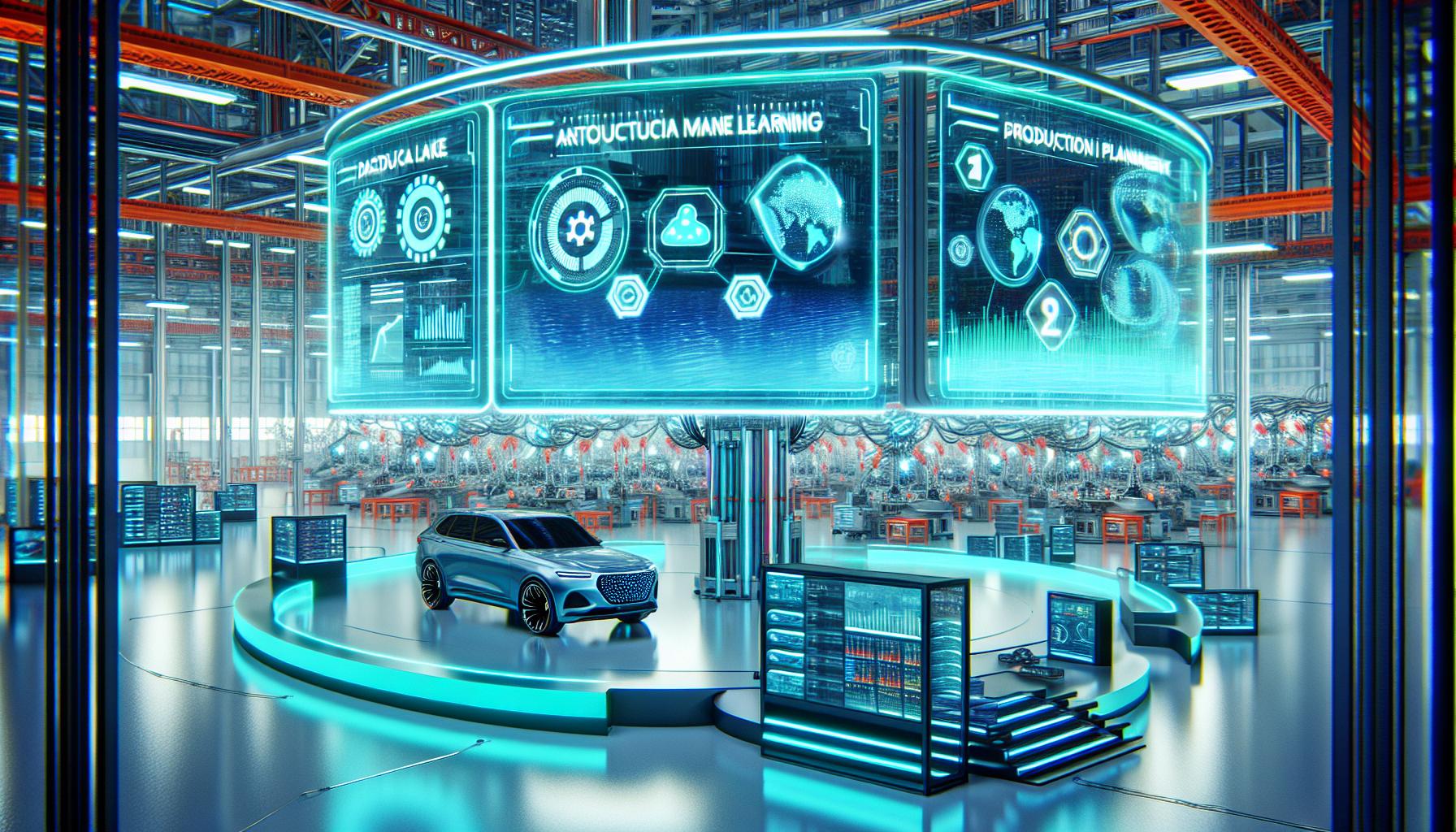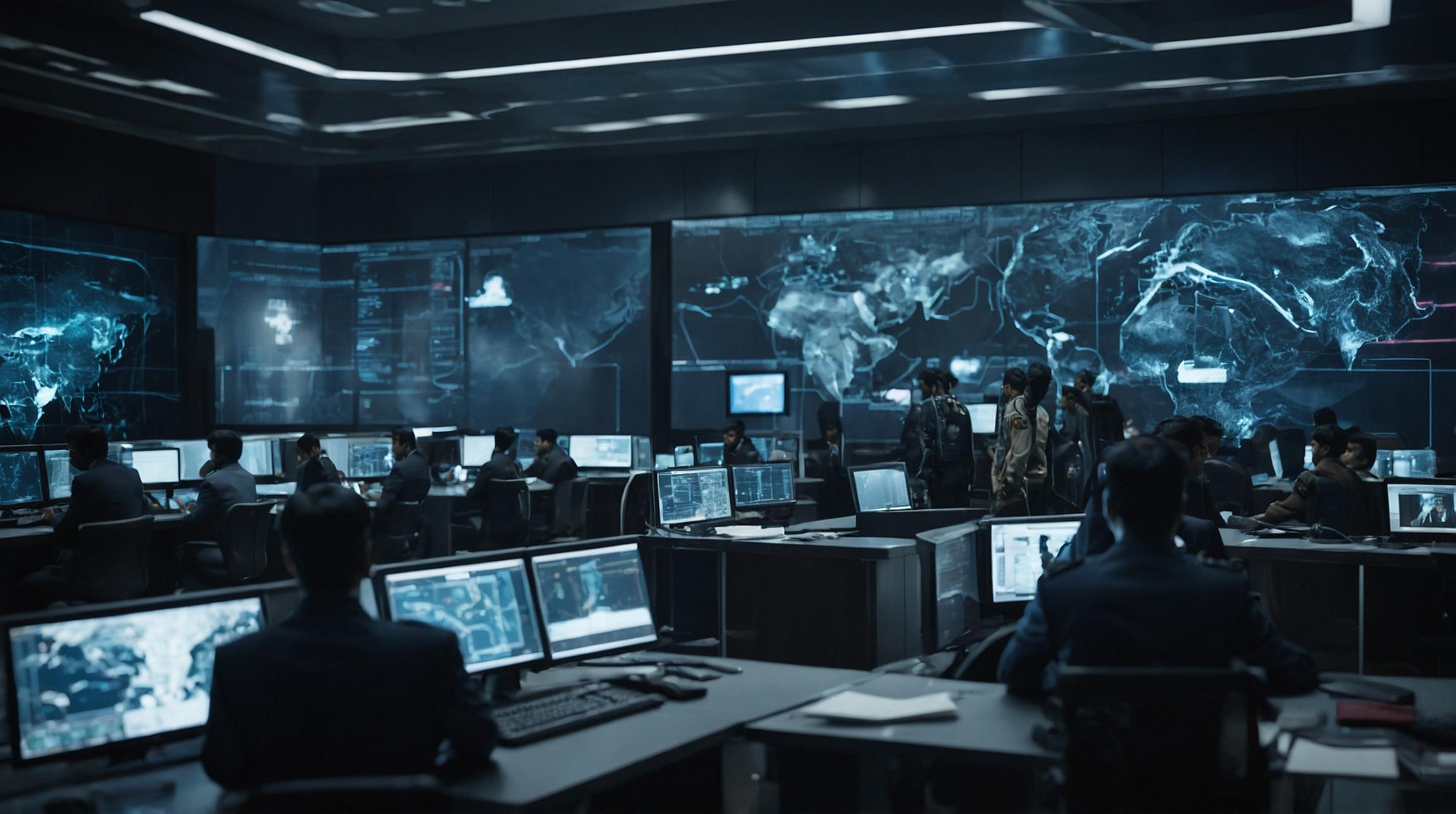The Significance of Oppenheimer in the Era of Artificial Intelligence
In this era of exponential growth in artificial intelligence (AI), the biopic “Oppenheimer” serves as a timely reminder of the potential consequences that can arise when science and technology progress unchecked. Just as the development of nuclear fission in the 1940s brought both great advancements and immense destructive power, the rapid advancements in AI today warrant careful consideration of its implications for mankind.
The Parallel Growth of Nuclear Science and AI
“Oppenheimer” takes us back to a time when nuclear science was experiencing a similar surge in growth, as countries around the world sought to harness the power of the atom amidst the backdrop of World War II. Similarly, the current age is witnessing the exponential growth of AI, with its vast capabilities and daily challenges to human intelligence.
Unleashing AI’s Untapped Potential
While we have witnessed the remarkable powers and applicability of AI, the true extent of its potential remains largely unknown. Analogous to the hidden dangers lurking beneath nuclear power, the canines and talons of AI only reveal themselves as the technology surpasses our own imagination. As AI continues to evolve, its potential for both positive and negative impacts becomes increasingly uncertain, raising questions about the need for responsible governance of this powerful technology.
AI: The Code of the Future
Unlike nuclear energy, AI’s raw material is not a physical substance, but rather a written code. This code allows for the precise design of tracks that guide and process data, enabling algorithms to recognize and follow patterns. Through this process, AI is able to gather and refine information, constantly improving and adapting. As AI continues to age, its capabilities will only grow stronger.
The Ambiguous Future of AI
With its unimaginable potential and limitless possibilities, the future trajectory of AI remains uncertain. As humans, we can only hope that this technology will be used for positive purposes, such as autonomous driving or precise medical interventions. However, recent reports of artificially intelligent weapons being tested in war zones raise concerns about the potential misuse of AI. The moral and ethical implications of AI’s development must be carefully considered, as we navigate the uncharted territory of its capabilities.
Oppenheimer’s Legacy and the Lessons for AI
J. Robert Oppenheimer, the central figure of the biopic “Oppenheimer,” provides a cautionary tale for those pursuing scientific advancements with far-reaching implications. Oppenheimer himself experienced deep remorse for his role in unleashing the destructive power of nuclear weapons. As we grapple with the potential consequences of AI, we can turn to Oppenheimer’s story as a reminder of the importance of ethical considerations and responsible governance in the face of groundbreaking technological advancements.
Analyst comment
This news can be evaluated as neutral. The future of the market in relation to AI remains uncertain, with both positive and negative impacts. Responsible governance and ethical considerations will be crucial in navigating the uncharted territory of AI’s capabilities.













